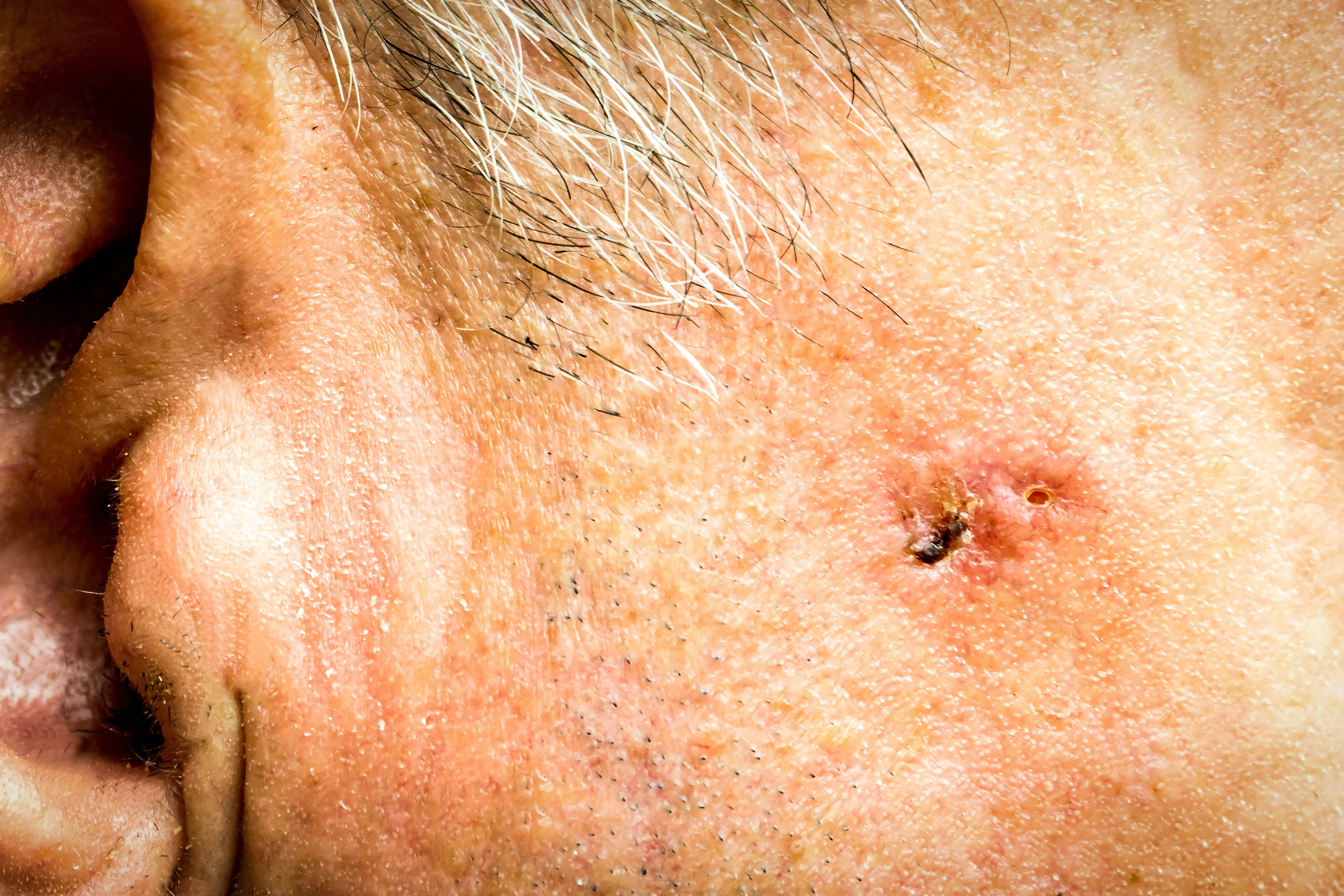The incidence of skin cancer has increased over the last few decades. Reasons for the increased reported cases of skin cancer include the use of UV tanning equipment, depletion of the ozone layer, which causes more UV rays from the sun, and other environmental factors.
Most skin cancers are not serious if treated in the early stages of the disease. The three most commonly reported skin cancer are basal cell, squamous, and melanoma. If any of these cancers is diagnosed, treatment should be started immediately.

Image Source: Google
The most common skin cancer is basal cell carcinoma. While it is rarely life-threatening, it can cause significant damage. Treatment for basal cell carcinoma includes cryotherapy (freezing), laser surgery, radiation, and photodynamic therapy.
Squamous cell carcinoma can occur in various organs of the body. As a skin cancer, it progresses slowly with a significant risk of metastases to other parts of the body. Like most skin cancers, it most commonly occurs on the face and neck.
Early symptoms include the appearance of hard plaques of opalescent quality, reddish plaques, ulcers that do not heal with minimal bleeding, or ulcers with hard protruding edges.
Treatment for squamous cell carcinoma includes many of the same therapies as treatment for basal cell carcinoma. More advanced squamous cell carcinomas may require surgical excision or curettage and electrode incision for complete removal.
Skin lesions should be examined by a dermatologist to see if they are cancerous. Patients with advanced squamous cell carcinoma or melanoma may be referred to an oncologist.